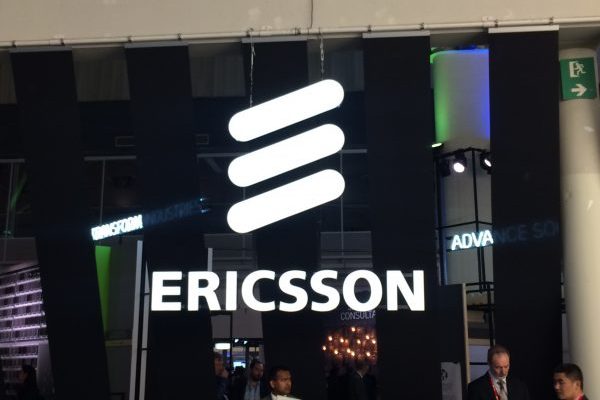By Aaron Ukodie, with agency reports

Ericsson, which supplies telecommunication systems to Nigeria telecom operators, and some years ago was a contractor to NITEL, seems to have found itself in the same fate that befell Siemens, eleven years ago.
Siemens, which once dominated international telecommunication systems supply, was forced out of the telecom business, after it admitted to several bribery cases involving several government officials in Asia, Africa, Europe, the Middle East and the Americas. Siemens at the time was also under Nigerian government investigation and several Nigerian government officials were alleged to have been involved in the Siemensgate.
Before reports of the Siemens corruption scandal, the company’s reputation was extremely good. It was reputed for its technological products and reliable services in telecommunications, power, transportation and medical equipment. The Siemens corruption charge involved more than $1.4 billion.
Now international news report that Ericsson seems to be travelling that route. The company, which recently tried 5G technology test in Lagos, has agreed to pay a total of $1.06 billion to the US government to settle corruption investigations, after admitting to shelling out millions in bribes and falsifying its books between 2000 and 2016.
In a press release, the Department of Justice (DoJ) said Ericsson acknowledged paying bribes, falsifying records and failing to implement reasonable accounting controls as part of a corruption campaign which spanned 17 years and at least five countries including Djibouti, China, Vietnam, Indonesia and Kuwait.
Mobile World reports that bribes and other payments were paid as part of an effort to win contracts with government and state-owned entities. Millions were also paid to consultants in at least two countries to create off-the-books slush funds.
As part of the settlement deal, the vendor agreed to pay a $520 million criminal penalty, as well as $540 million to the Securities and Exchange Commission in a related matter. It also agreed to three years of independent compliance monitoring.
Additionally, an Ericsson subsidiary, Ericsson Egypt, pleaded guilty in a US court to a charge of conspiracy to violate anti-bribery laws.
Under the agreement, the DoJ will defer prosecution and dismiss charges against the vendor at the end of three years if Ericsson submits to third-party oversight, enhances compliance controls and cooperates with other ongoing investigations.
Ericsson CEO Borje Ekholm said in a statement he was “upset” by the company’s past failings, but added “reaching a resolution with the US authorities allows us to close this legacy chapter. We can now move forward and build a stronger company”.
He noted the company implemented a “robust compliance programme” since the issues came to light, allocating additional resources to compliance and investigations; reorganising its process for assessing allegations of misconduct; enhancing monitoring of third-party engagements; and introducing analytic tools to better identify and prevent high-risk transactions.
The company previously set aside SEK12 billion ($1.26 billion) to cover expected penalties and costs related to the probes.













